What Causes Hot Flashes?


Doctors Call It "Flushing"
You may think of hot flashes -- sudden waves of heat coming from your head, neck, or torso maybe with red, blotchy skin, sweating, and a rapid heartbeat -- as something only women get around the time they stop having their period. Hot flashes and night sweats are part of what are called vasomotor symptoms (VMS) of menpause and this flushing can be the result of many things as your body tries to cool down. Not everyone sweats when they have one, and you may feel chilled afterward.
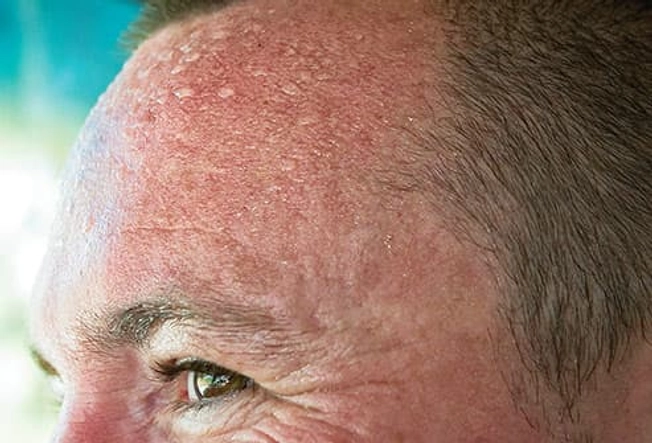
Hormone Levels
This is what's behind menopausal hot flashes. As the estrogen in their body declines, a woman's thermostat resets and cooling measures start to kick in sooner. But a man might get hot flashes as their testosterone level drops in middle age, especially if they have had a certain kind of prostate cancer treatment. An overactive thyroid gland, perhaps from Graves' disease or after giving birth, or something else that's causing high levels of thyroid hormone may also do it.

Exercise
Your body temperature naturally rises when you work hard. To keep up, your cells burn more fuel, which makes extra heat. Your body sends more blood closer to the skin to cool it off, and evaporating sweat helps bring your temperature down. That's why it's important to drink water when you work out. If you exercise regularly, your body gets used to that heat you make, and your core temperature can get a little higher before you react.
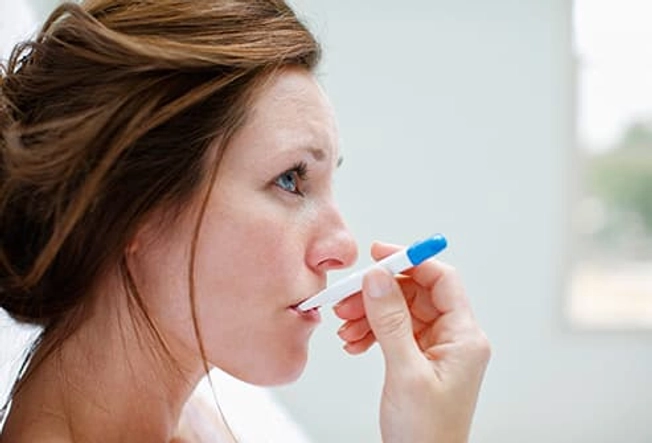
Fever
Your body fires up when it's fighting germs. And that rising body temperature will trigger a part of your brain called the hypothalamus to start the cooling process and bring your temperature back to normal. Call your doctor if your fever is more than 103 or if you also have a bad headache, breathing problems, or can't stop throwing up.
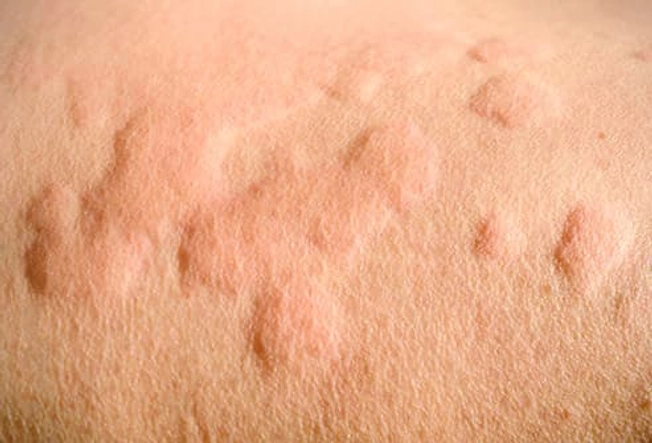
Allergic Reaction
A hot flash is common with a serious reaction called anaphylaxis as your immune system releases cells to try to fight off something that's actually harmless. You'll usually have other symptoms like stomach pain, hives, and breathing problems, too. And you need a shot of epinephrine -- fast.
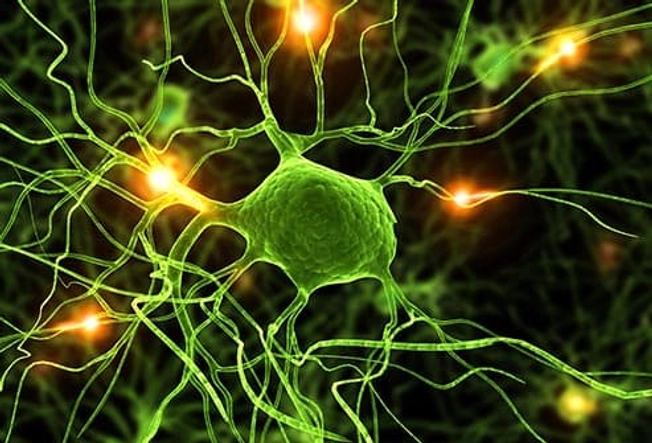
Neurological Disorders
Your autonomic nervous system controls things you don't have to think about, like your breathing, heart rate, blood pressure, body temperature, and sweating. Anything that throws off how it works can cause flushing. That includes Parkinson's disease, epilepsy, MS, and spinal injury and nerve damage.
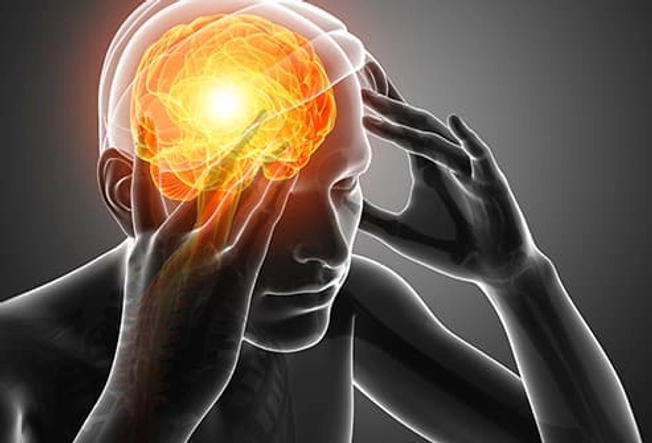
Migraine and Cluster Headaches
These painful and sometimes disabling headaches can also mess with your autonomic nervous system. Your brain isn't processing messages from the nerves in your head and neck about touch, pain, temperature, and vibration correctly. Your "fight or flight" response may kick in, which gets your blood pumping and widens your airways.
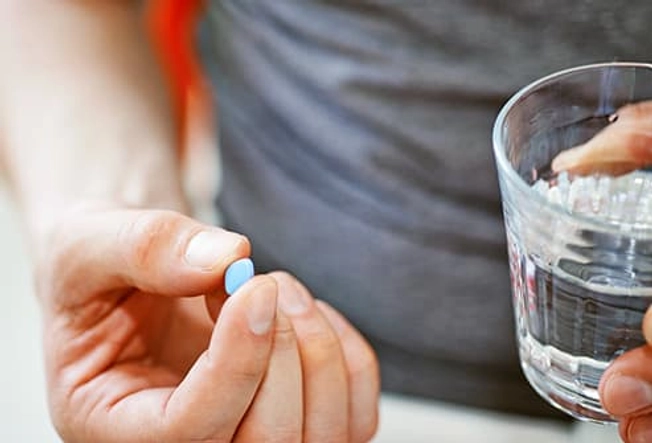
Medications
Flushing can be a side effect of many drugs. Some heart and blood pressure medicines, including calcium channel blockers and nitroglycerin, and ED prescriptions, like sildenafil (Viagra), tadalafil (Cialis), and vardenafil (Levitra), open up your blood vessels. High doses of steroids can affect your hormone balance. Chemotherapy drugs and painkillers from aspirin to opiates are also culprits.

Food and Additives
Your five-alarm, extra-spicy meal probably gets its kick from red peppers. They have capsaicin, which confuses your nervous system to react like you're being burned. Sulfites and sodium nitrate (in meats like salami and cured ham) may cause flushing. Too much MSG (monosodium glutamate), often used in Asian cooking, may set off a hot flash in people who are prone to them. A hot drink can raise your body temperature and start one, too.

Blushing
Even a small, healthy emotional response can set it off. Your nervous system gets triggered, your blood vessels widen, and the resulting rush of blood into your skin raises its temperature. It's more common in women, but it happens to men, too. It could be that blushers are more sensitive about what others think of them. People who blush easily often respond to stress with a racing pulse, dry mouth, and trouble thinking clearly.
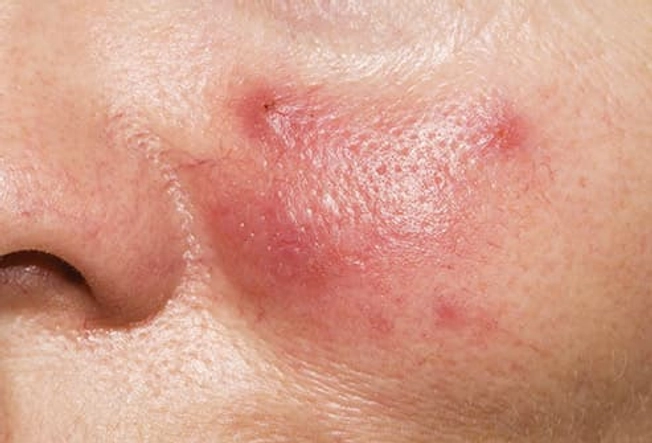
Rosacea
This skin condition isn't blushing, although it may look like it. Flushing is one of the first signs of a flare, often with a burning, stinging, or itchy feeling. Your face may swell up, too, around the sides of your nose above your mouth. You can control rosacea by avoiding your triggers and with careful skin care, sun protection, and perhaps help from your doctor.

Alcohol
Both alcohol and one of the chemicals that results when your body breaks it down will widen the blood vessels that supply your skin. Fermented drinks like beer and wine may have other chemicals -- histamine, sulfites, or tyramine -- that have a similar effect. If your liver doesn't process alcohol well, or if you drink while you're taking certain medications, your hot flashes may be worse.
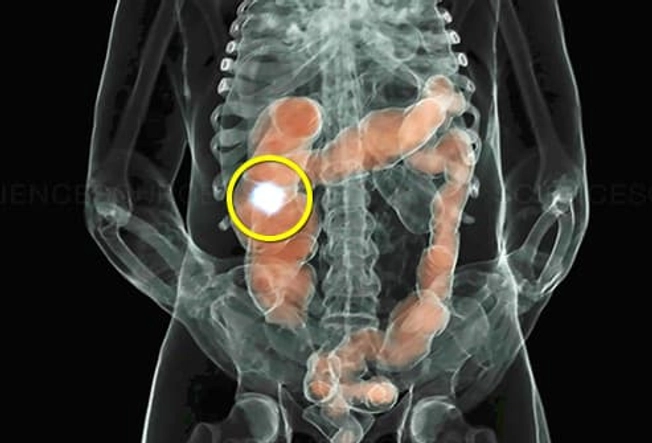
Carcinoid Tumors
These rare, slow-growing cancers can make hormones or mess with yours. The tumors are usually found in your stomach and digestive system, appendix, or lungs. Red meat, chocolate, alcohol, exercise, or stress might trigger the hot flashes. You could also have purple spidery veins on your nose and upper lip, diarrhea and cramps, a hard time breathing, or a racing heart.

Track Your Flushing
Can't tell what causes your hot flashes? Keep a diary with notes about your episodes and what you were doing, eating, and feeling, and any medications you had taken. Then look for a pattern. If it's still not clear after a couple of weeks, see your doctor (and bring your diary) to help you figure it out.